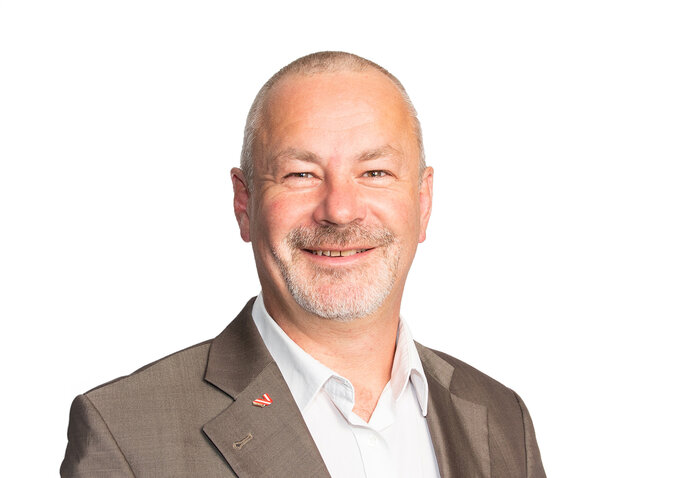Smart Engineering Technologies Research Group
Teaching and research work closely together at the FHV. The Smart Engineering Technologies (SET) research group proves that this is no empty promise.
"In the Department of Engineering and Technology, we are training the specialists of the future for industry. Students who study with us today will most likely be in leading positions in companies in ten years' time. They need to be well equipped for this. That's why our teaching is not only state-of-the-art, but we also have to think very far ahead," Christian Anselmi is convinced. This offers opportunities for teaching, research, students and external partners alike.
In the tri-border region DACH the FHV's Smart Engineering Labs are a contact point for industry-related and application-oriented research and development in the fields of Electrical Engineering, Mechatronics, Mechanical Engineering and Industrial Software Engineering.
First focus of SET: Green Electronics
The young research group is conducting research on so-called embedded systems with a focus on energy efficiency. "We want to be champions when it comes to developing energy-efficient embedded systems. This includes not only the electronic circuitry of the systems, but also the transmission of data or even the programming. In this way, we are contributing to greener electronics," says research group leader Anselmi.
The young research group conducts research on so-called embedded systems with a focus on energy efficiency. "We want to be champions when it comes to developing energy-efficient embedded systems. This includes not only the electronic circuitry of the systems, but also the transmission of data or even the programming. In this way, we are contributing to greener electronics," says Anselmi, who heads the research group. The group is already conducting research on three specific projects:
Deep11
Deep11 is a collaboration between SET and the microtechnology research centre. It combines microtechnology sensors with embedded systems to create novel labs-on-a-chip. These are laboratories in handheld format for the acquisition of data from medicine and the environment. The project is financed in the COIN research program by the Austrian Research Promotion Agency FFG.
Power Tower
The move toward greater sustainability is particularly reflected in the PowerTower project, which SET is implementing for Photinus, a solar lighting specialist based in Alberschwende. The research groups is reviewing and optimizing the system architecture of a solar-powered column for charging eBikes.
Forest fire monitoring sensor technology
For the state of Vorarlberg, SET is researching innovative options for forest fire risk management. The experts are developing a system that is as energy-efficient as possible and uses sensors in Vorarlberg's forests to measure climate data, thus enabling and objectifying the assessment of forest fire risk in real time.





